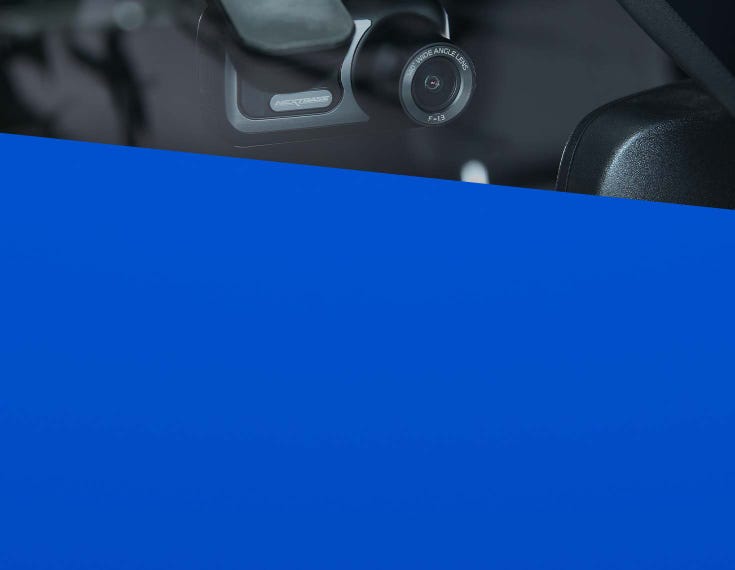Record drives for safety and security with a dash cam
What is a dash cam?
Dash cams are small cameras that mount to a vehicle's windshield and record drives to internal memory and/or a memory card so you can have visual proof of incidents.
Some include features like GPS to record time, location, and speed during an incident, the ability to detect motion and record while the car is parked, and Advanced Driver Assistance System (ADAS) for lane departure alerts and collision warnings.
But the most basic function of a dash cam is to record your drives, and the road around you. This can be helpful for insurance claims as well as emergency SOS response or dispatch in models that include such features.
Dash cams are legal throughout Canada, though you cannot manipulate them while driving and they cannot obstruct your view of the road. They might be discouraged in certain places, like at border crossings.
What are the latest and greatest features in dash cams?
The latest dash cams include features like built-in Wi-Fi for transferring footage to a mobile device, along with ADAS driver assistance features.
Advanced parking mode can record while the car is parked to capture incidents like theft or the aftermath of someone hitting the car. (Note that you will need hardwiring kit installation in order to enable this feature.) GPS can also be built into the unit, allowing you to record the time, date, location, and speed of the vehicle during an accident. Some models work with an optional GPS antenna, which is required for logging data like your location and speed. It can come in handy when used in conjunction with footage for an accident investigation. GPS antennae can be built in, brand-specific, or sold separately.
While they are more complicated to install, dual channel dash cams add a second camera to the rear window of the vehicle, connected to the main camera.
What to look for in a dash cam?
The most important aspect of a dash cam is that it can record clear, HD video that isn't grainy and is free of distortion. A large screen lets you playback video right from the device, though Wi-Fi allows instant transfer to a mobile device.
A wide-angle camera can capture footage from all-around so you can see a car veering from the left, for example, during an accident. A colour camera is ideal along with one that offers at least 30-60 frames-per-second (fps) so you don't get choppy, tough to make out footage. Night vision is essential as well since many accidents or incidents can occur at night or during low light situations.
Some models come with a large-capacity memory card, which is a bonus so you don't have to buy one separately. Loop recording is a useful feature that overwrites older files once a memory card is full so you don't lose out on important footage because you ran out of space.
Look for a unit that has thermal insulation so it can operate in extreme temperatures.
You might find add-ons like ADAS useful if you drive an older car that doesn't have it already, as well as parking surveillance. Voice control is a plus, preventing you from fidgeting with the device and settings while driving, which is not permitted in Canada.





